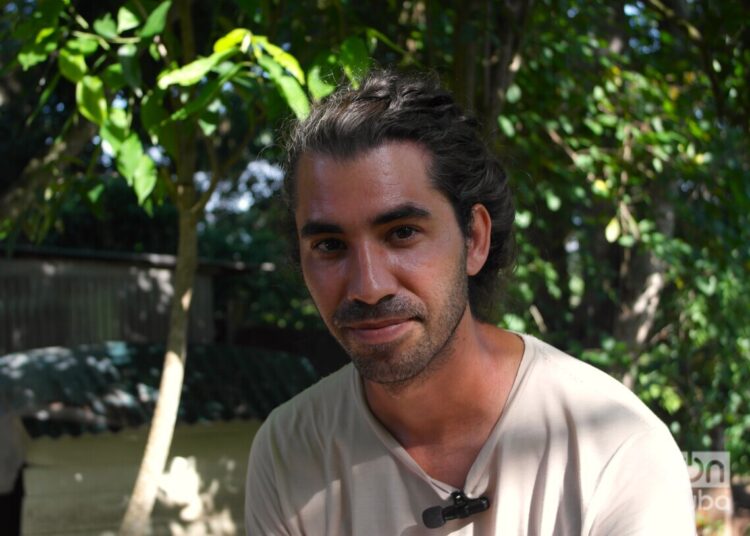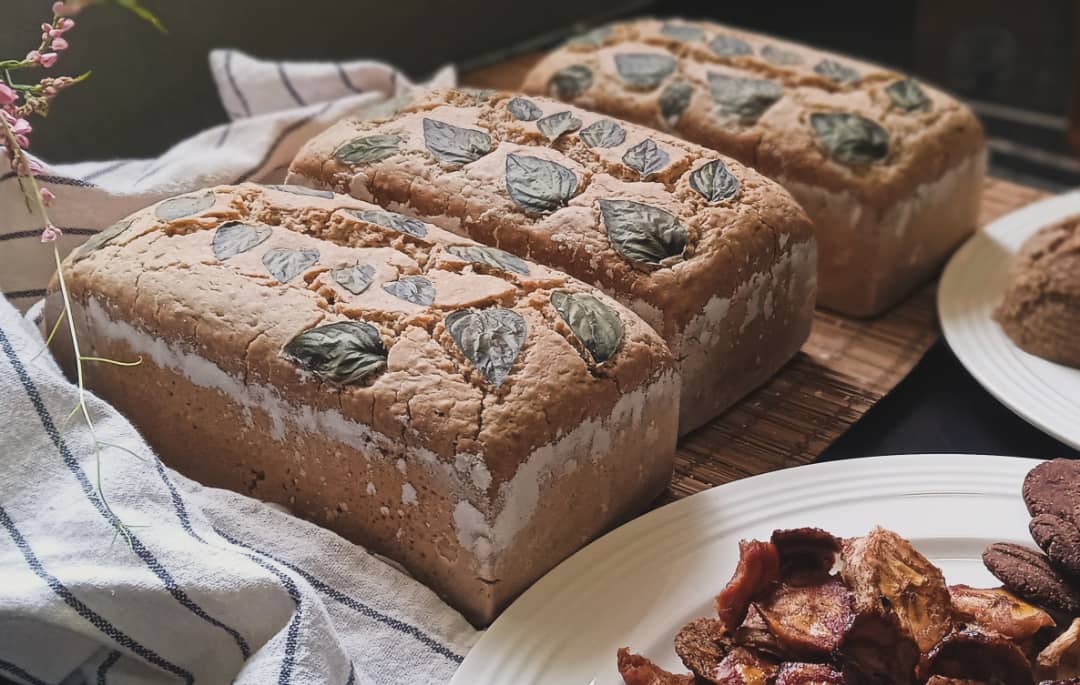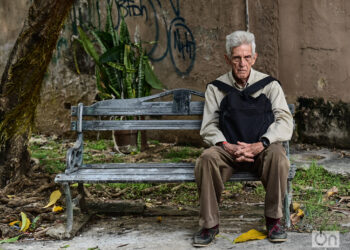The COVID-19 pandemic was the turning point in the life of Gabo Pérez, a 39-year-old designer who moved from Guanabo to Guanabacoa to seek a family livelihood in agriculture amidst uncertainty.
At that time, in addition to his work as a creator, he had a small restaurant with a friend. The closure of the city, in one of the quarantine stages, made it clear to him that the dependence on products from other provinces was the Achilles heel of his business, at a time when it was not known when things would return to normal.
He sold his apartment in Guanabo and moved to Guanabacoa at the end of 2020 with the idea of alleviating the crisis by producing food for his family. He had to leave the restaurant in the hands of his partner and focus on the small piece of land that was now his property.
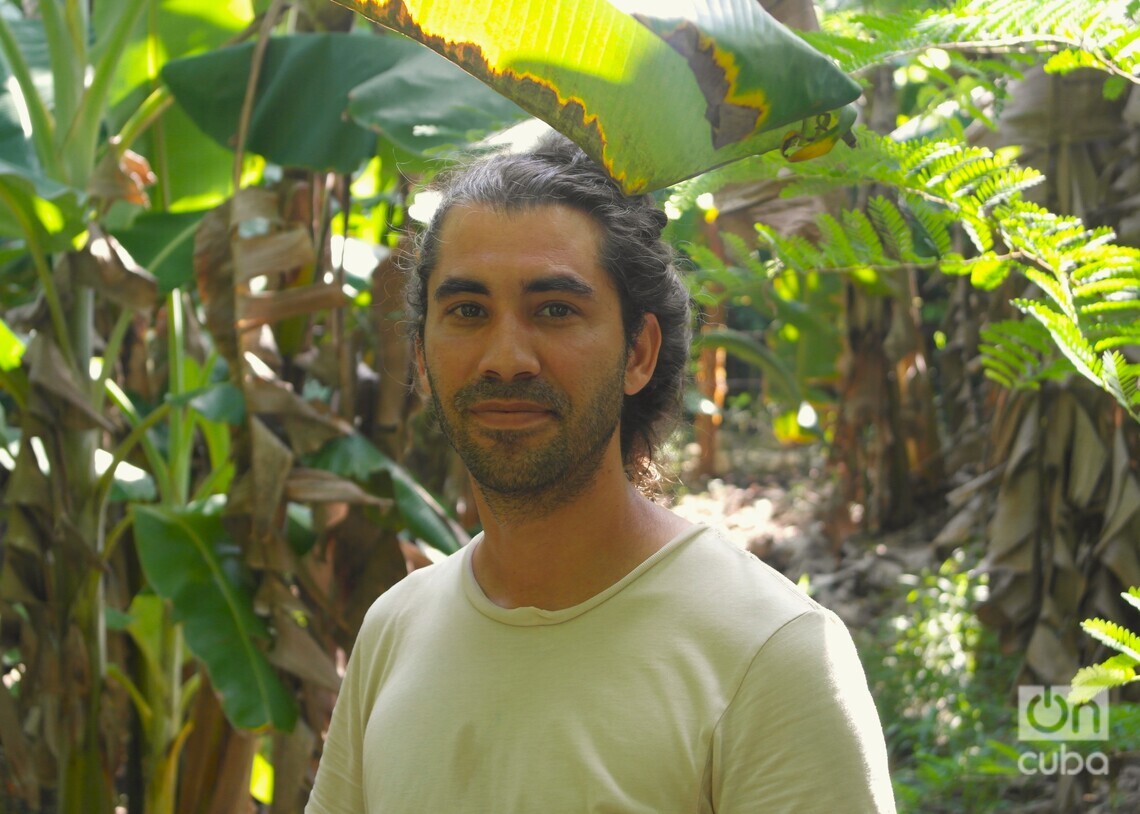
Walking through his yard he only found seasonal fruit trees; therefore, he could only obtain benefits from them during specific periods of the year. This reality motivated him to think about how to preserve food, the reason why the idea of Bacoretto arose in 2021, today a local development project focused on the production of flour and some by-products such as bread and cookies.

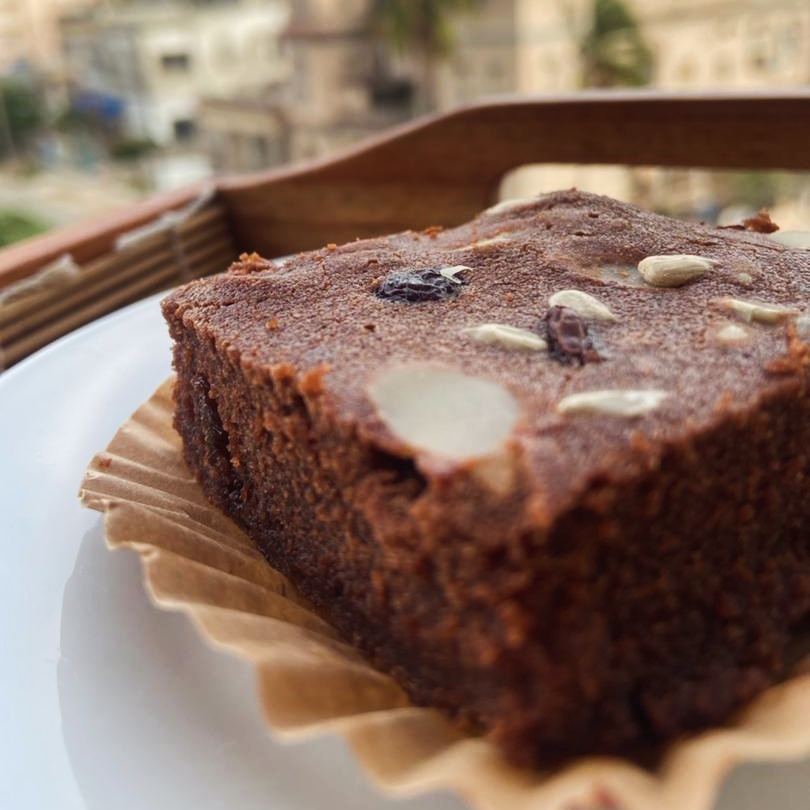
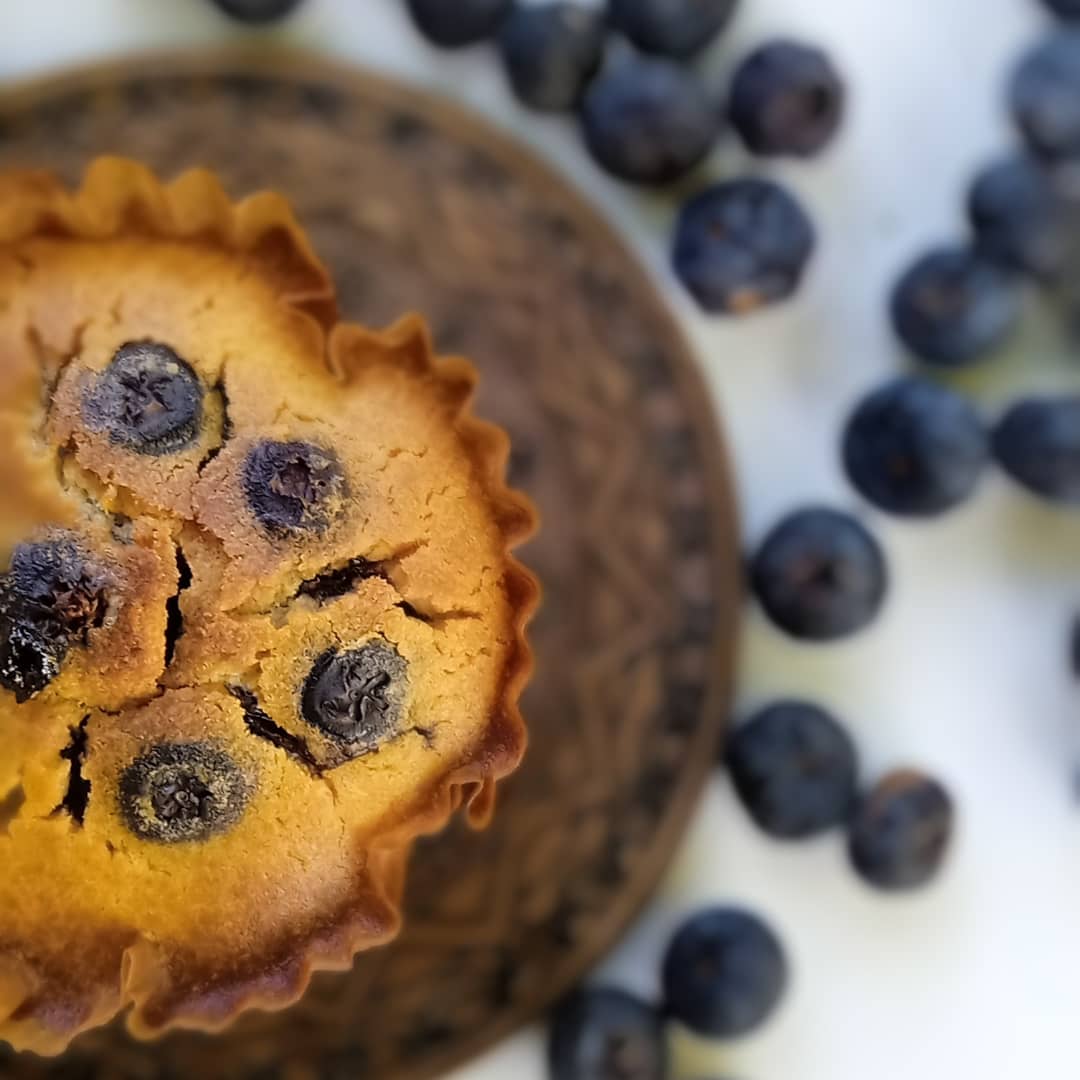
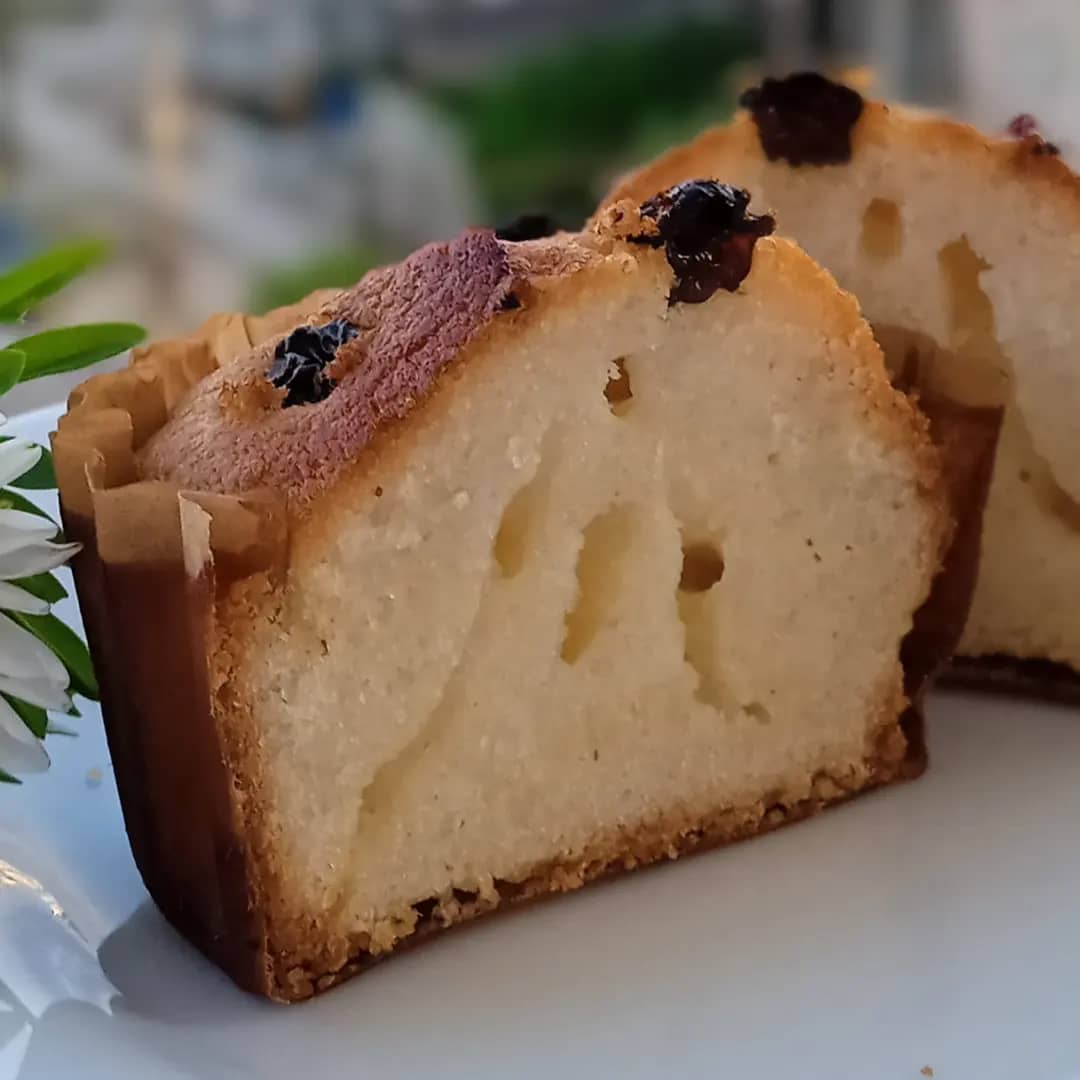
“We had no real knowledge of agriculture. We started learning from the neighbors. At the same time, we began to dehydrate bananas and mangos in the sun to eat later. Also at that time, there was no wheat flour and we experimented with bananas and carob. One thing led to another. The intention was to survive. Bacoretto exists because of our aversion to dying of hunger,” said Gabo Pérez, who lives with his mother on the farm.
A business is born
The plantain, rice, coconut, and yuca flours are gluten-free. That condition opened the doors for Gabo and his team, currently made up of five other people, to a specific market, celiac or gluten intolerants.
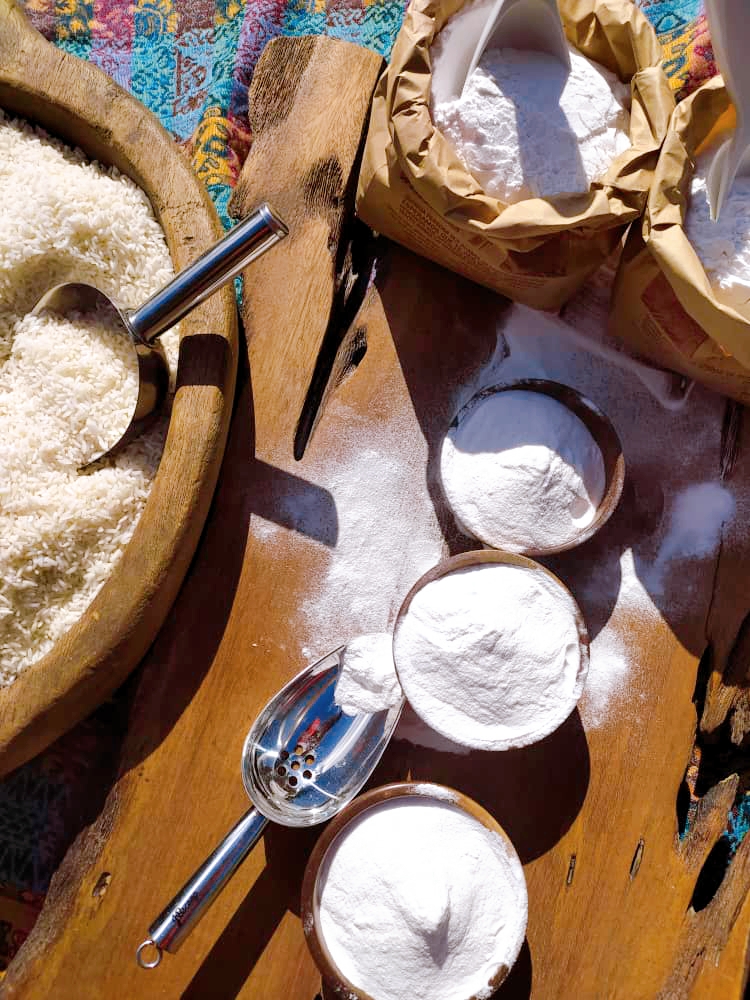
“At first, I didn’t see it as a business opportunity, but rather as a request from a group within the Cuban gastronomic market. We started making different kinds of flour to have food for the rest of the year. Then, from these, we could make other products such as cookies or breads. On social media, I published my experiments out of boredom. Then, several friends began to order flours from me,” Gabo said.
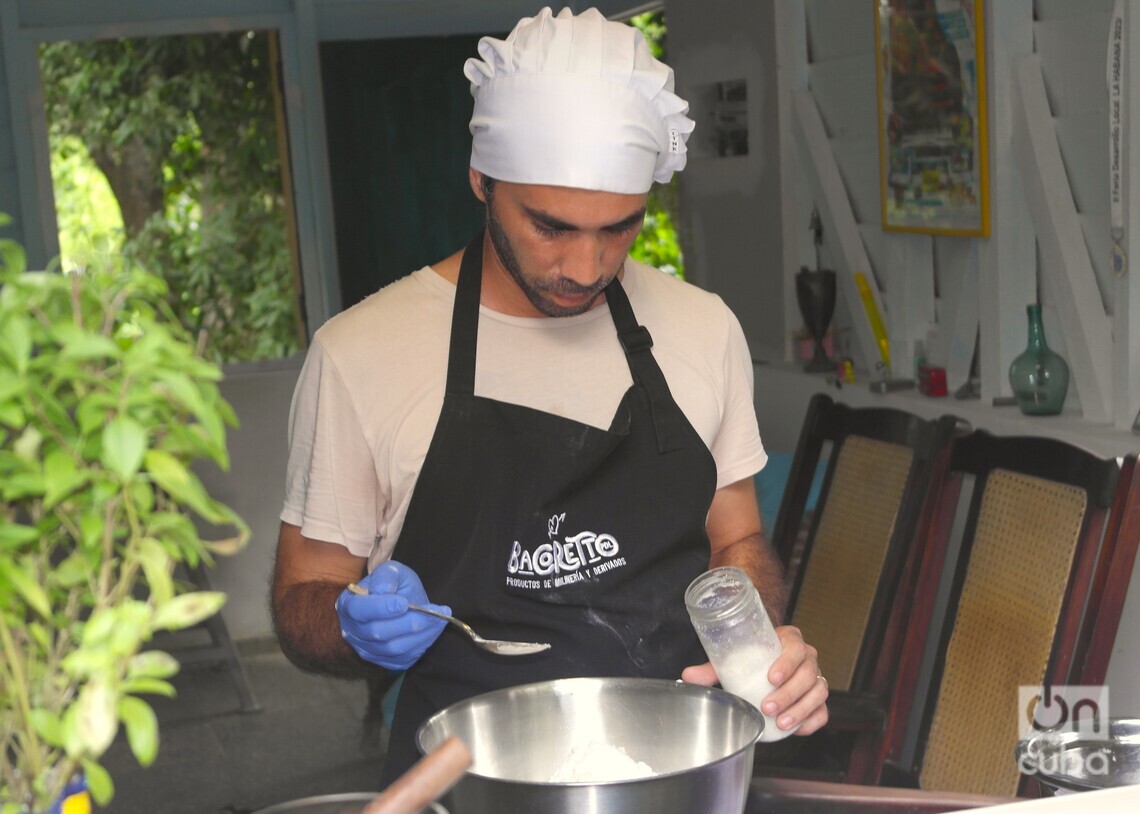
Social media was a determining factor not only for Bacoretto’s first sales and its validation as a business but for the exchange of knowledge with specialists amid confinement.
“We had a group on Facebook, where many people participated, most of them professionals. The idea was to share memes. But right there I began to connect with people and receive high-quality information, especially about nutrition,” he explained.
Through these friends, they also connected with the community of celiac patients in Cuba. “We then realized that what we had been doing for family consumption could be beneficial to them. In addition, there is a tradition in the Cuban countryside of making products, such as plantain flour, based on plantain, which do not need wheat and are gluten-free,” he said.
In January 2022, Bacoretto’s first sales materialized. About 4 customers. At that time they did not sell breads and pastries, only flours. However, market demand has made them evolve.
“They are asking us for more products and by-products. If it makes sense for us, we do it and start testing. We started like this, with a fairly organic request from a group of people who do not have constant access to this type of gluten-free food. For us, it is very important to provide value to those who appreciate it,” explained Gabo.
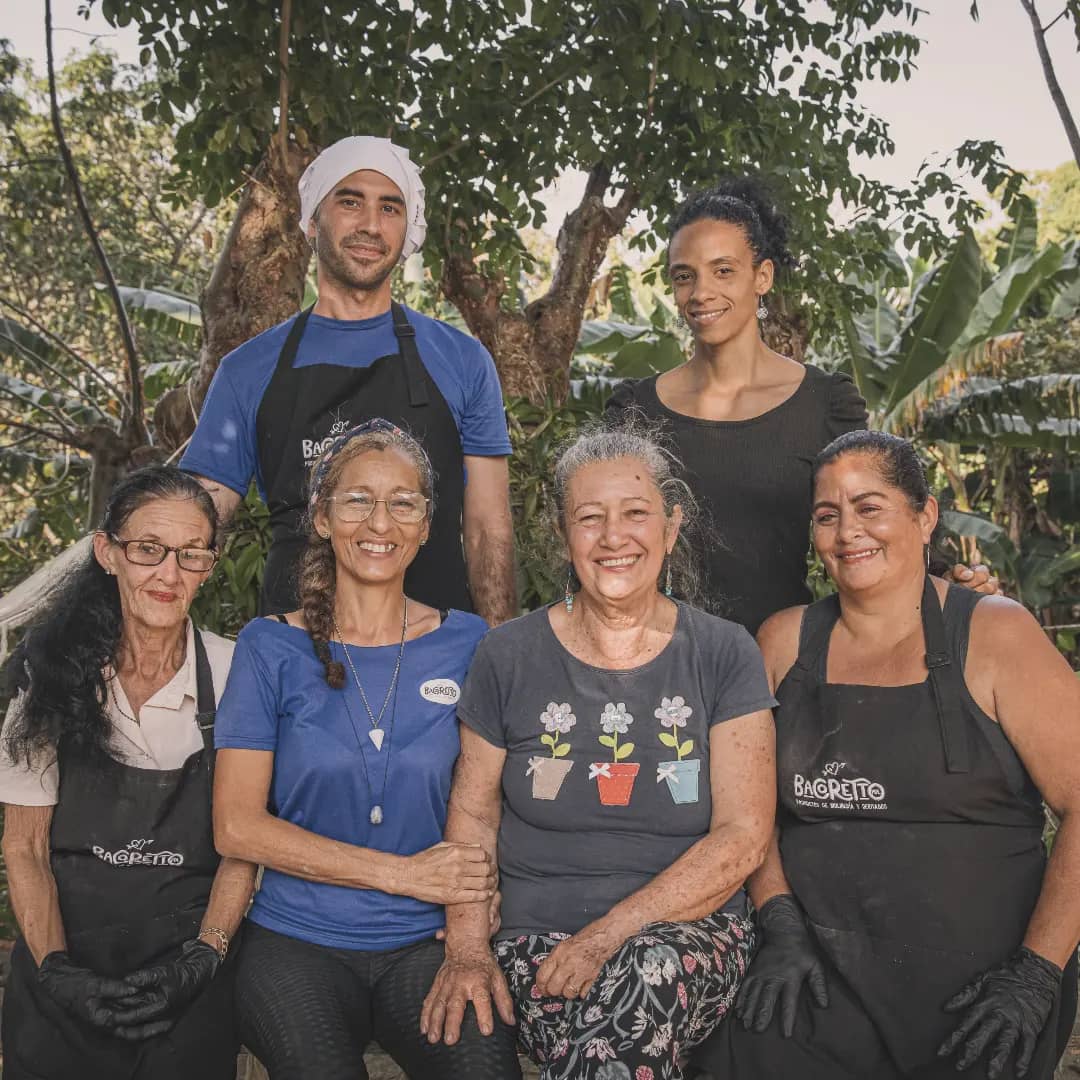
On a small scale
Gabo and his team produce only with a coffee grinder, a domestic oven, conventional mixers and other equipment that does not make up an industry. This is the main reason why, despite the high demand for the products, they can only guarantee their commitments to a very small number of customers.
However, reality could change soon. “We are waiting for some equipment that should arrive. It has already been purchased. We applied for a fund from the Articulated Platform for Comprehensive Territorial Development (PADIT) and we got it,” he commented.
He attributes this result to the logic on which he has structured his business: step by step, doing what is possible according to the training of the team and the logistical conditions.
“We don’t put a product on sale unless we are completely sure that it tastes good, looks good, that it has a well-organized cost sheet, that we have suppliers who can supply us with the necessary ingredients, that we have the molds. There are a lot of steps that you have to overcome before going out to sell, so as not to screw up,” he acknowledged.
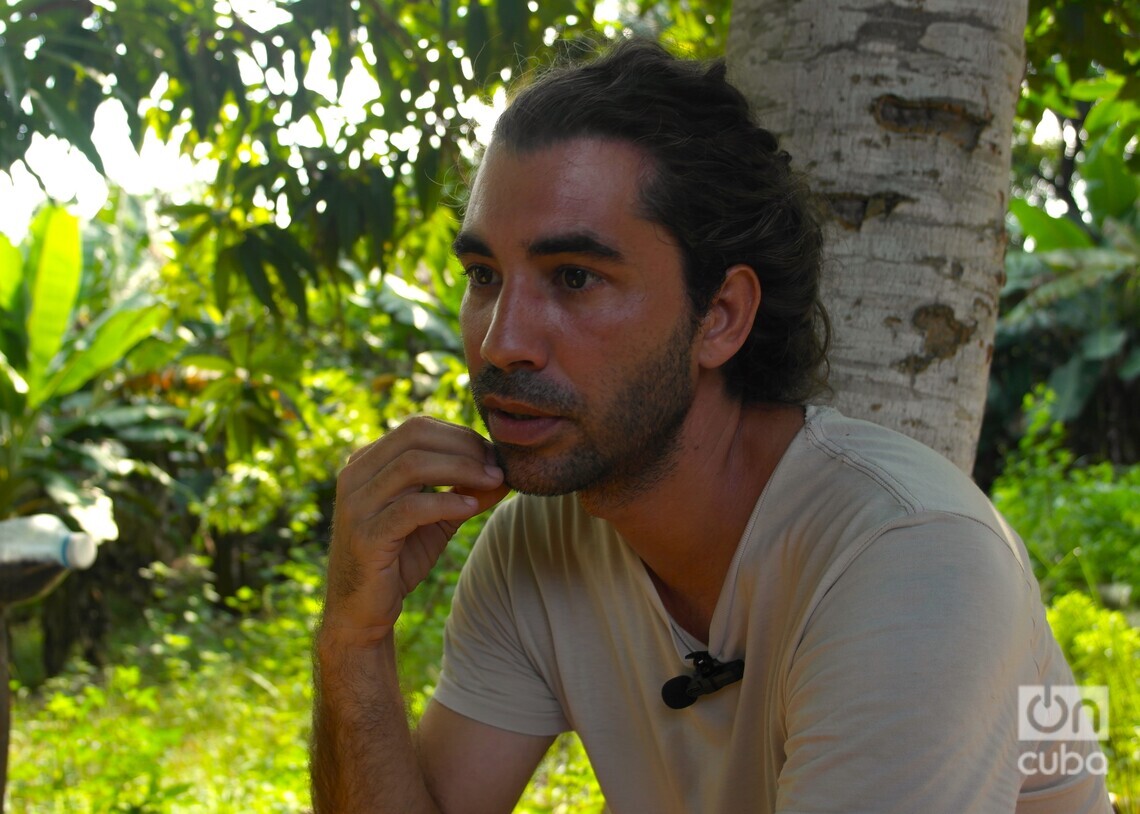
The logic of the business also includes collaboration with neighbors, from whom they buy raw materials such as coconut or yuca to make flour, which lowers costs.
Unlike other gastronomic or food-processing ventures, the conditions of Bacoretto, a family business that produces from crops in its yard or other nearby ones, allow them to advance despite the adverse economic context that affects production in Cuba.
“We believe that to do it well, we have to reach a point of the lowest possible cost. Otherwise, if you are renting, for example, and you also have to pay salaries to a large number of workers, transportation and food, plus all the taxes, I can understand the great pressure that other entrepreneurs feel,” he said.
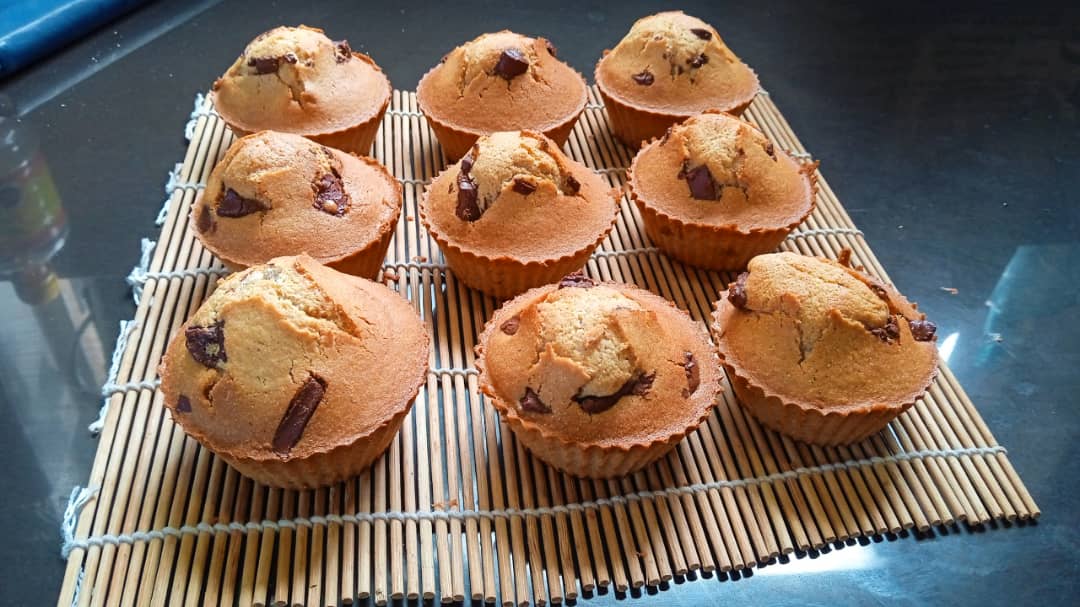
A question of focus
Faced with common challenges for Cuban entrepreneurs, such as excessive bureaucracy, Gabo has adopted a resilient stance. For his small project, this has worked.
“I see bureaucracy as a game of levels that becomes more complex as you advance. You have to study, sit down, dedicate hours [to the business], generate habits as well,” confirmed Pérez, who is in the process of obtaining construction permits for his future production center.
He explained that, in the absence of a business school, following the rules to the letter has helped him to better understand the logic of his local development project and to realize its flaws.
“Last year was a total loss. We were only able to find out because there were financial regulations to deliver cost sheets,” he commented.
Gabo believes that if the rules that regulate the operation of private businesses today are relaxed, in pursuit of quick results, the future of the ventures could be harmed.
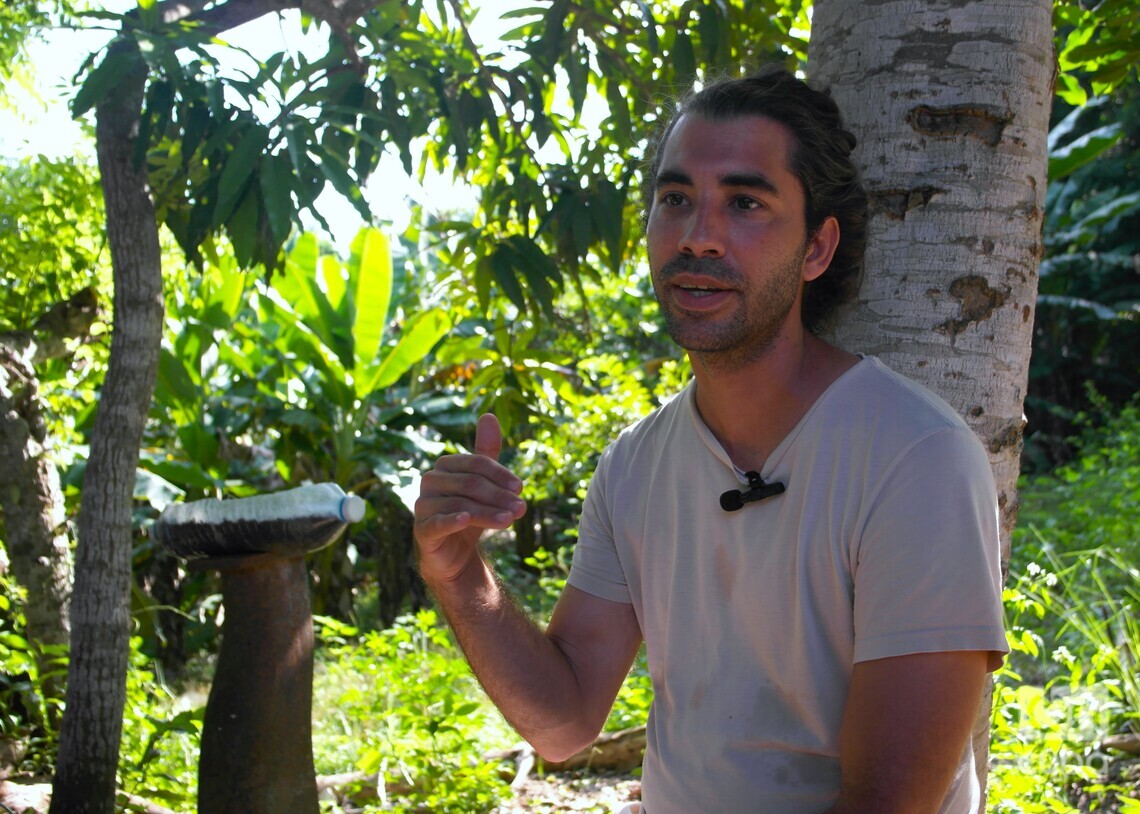
“If a palliative is implemented, what’s going to happen in the future? What will happen in five or ten years? If you do not train yourself in finance and in all the legislation, most likely you will not understand how a business works,” he said.
Gabo’s vision is connected with his aspiration to transform the reality of his community, of his country. “In Cuba there is still a lot to do,” he said.
“If you are a development agent, you have to keep in mind that this means not leaving anyone behind. It means adding value in the crisis and not taking advantage of it. It is a route of ideas where you think more about how you benefit the greatest number of people, whether from production or inspiration. That gives you a purpose.”

